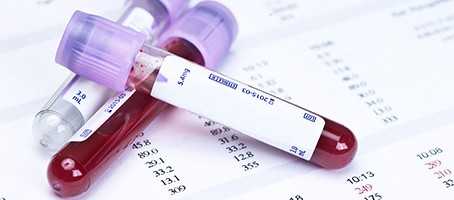The effectiveness of treating type 2 diabetes vary according to the hemoglobin glycation index (HGI), researchers suggest.
A study led by James M. Hempe, PhD, Louisiana State University Health Sciences Centre in New Orleans, and colleagues saw data examined from the Action to Control Cardiovascular Risk in Diabetes (ACCORD) trial.
ACCORD involved 10,251 patients with type 2 diabetes who were either assigned to standard or intensive treatments. HbA1c targets were 7.0-7.9 per cent (53 to 63 mmol/L) and six per cent (42 mmol/L) respectively.
The effects of intensive treatment were measured on participants with a low, moderate or high HGI. HGI is the difference between observed HbA1c and predicted HbA1c, which assesses biological A1c variation after accounting for the effect of mean blood glucose.
A reduced risk of cardiovascular events was found through intensive treatment in the low and moderate HGI subgroups, but not in the high HGI subgroup.
Those with high HGI had a greater hypoglycemia risk in standard and intensive treatment groups, as well as a higher total mortality in patients who were treated intensively.
The researchers concluded: “HGI calculated at baseline identified subpopulations in ACCORD with harms or benefits from intensive glycemic control.
“HbA1C is not a one-size-fits-all indicator of blood glucose control, and taking this into account when making management decisions could improve diabetes care.”
The findings of this study were published in Diabetes Care.
What's new on the forum? ⭐️
Get our free newsletters
Stay up to date with the latest news, research and breakthroughs.






